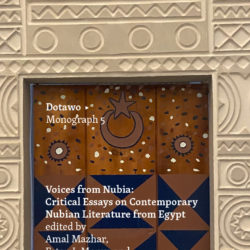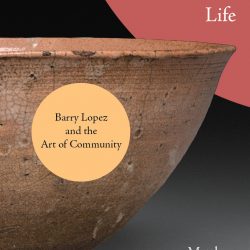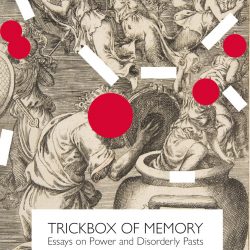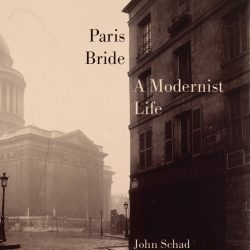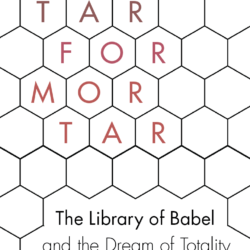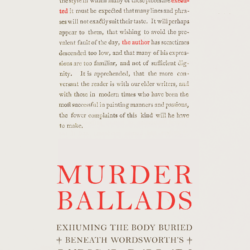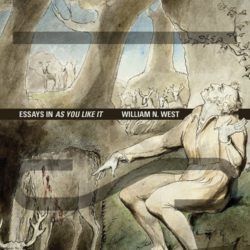Xenoflesh: Vegan Poetics and Capitalocene Meat
FORTHCOMING Fall 2024
Xenoflesh: Vegan Poetics and Capitalocene Meat considers the representation of flesh and meat in an eclectic range of literary texts, artworks, and films produced incipient to and across capitalocene modernity, from Hesiod’s Theogony and Rembrandt’s The Slaughtered Ox to Tobe Hooper’s The Texas Chainsaw Massacre and Olga Tokarczuk’s Drive Your Plow Over the Bones of the Dead. Moving between art, film, and literary texts,[…]


